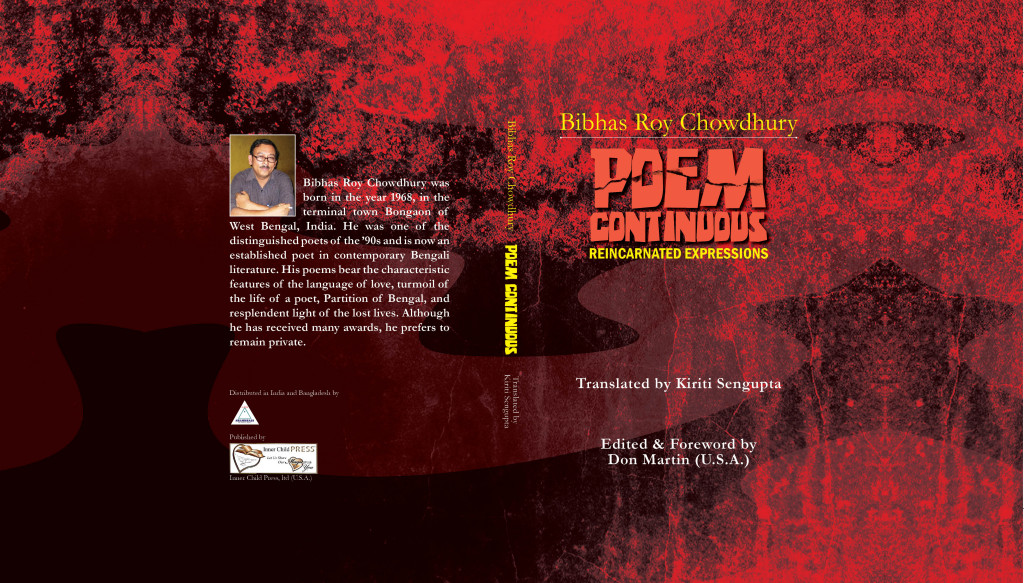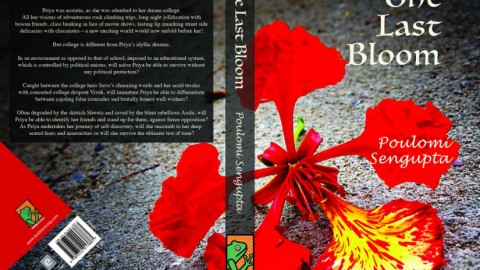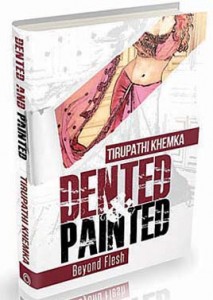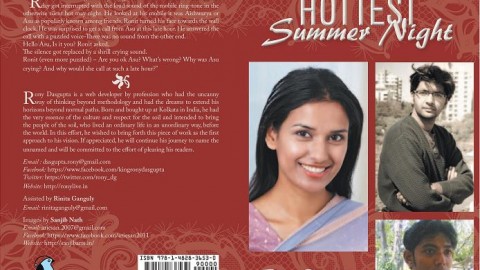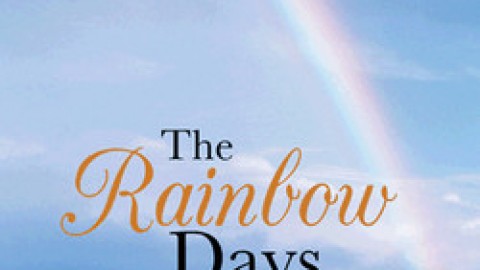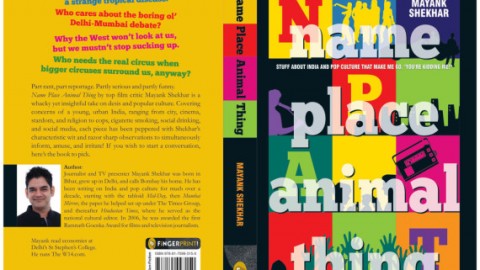“Some lips are burnt by the dazzling write of light…” – Atanu Deb*
In the introduction to the translation of Bibhas Roy Chowdhury’s poem (by Kiriti Sengupta), Don Martin rightly depicted: “There is a dearth, however, of well- translated works by lesser known authors. This is a real shame, in my opinion, because Bengali is a beautiful language, especially for poetry. Bengali is a language which gives free reign to poetry, and he can paint his word pictures at will astounding ferocity and intensity.”
The book begins with the poem, entitled as ‘The People.’ The poet draws some evidences, which logically define the ‘wounds of love.’ On the other hand, he portrays a symbolic loneliness, ceases him when he is living in the chaotic world:
“How can I depart? / His words fail to cease! / Better I keep some wound/ beside the coming tune…”
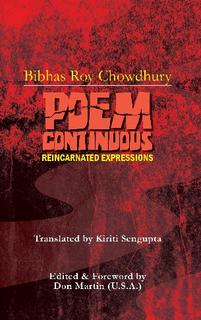 The poet is alone. He traces a particular line of thought in his presentation which creates some specific philosophic visual. There are some poetic arrangements of facts that reciprocally explains each other. The readers could sense the pain: ‘”Nor had I a reason/ to return” (The Small Boat, p; 19). Some lines and words may compel you to feel the purity of the vast stretches of green across the horizon.
The poet is alone. He traces a particular line of thought in his presentation which creates some specific philosophic visual. There are some poetic arrangements of facts that reciprocally explains each other. The readers could sense the pain: ‘”Nor had I a reason/ to return” (The Small Boat, p; 19). Some lines and words may compel you to feel the purity of the vast stretches of green across the horizon.
In the era of postmodernism, depicting ourselves with complex ideas and phrases have become the topmost fashion. On the contrary, some poets are using day to day words. They mostly concentrate on the soul of the poem. Bibhas Roy Chowdhury is undoubtedly one of them. Bibhas’ focus therefore, extends from external affairs to soul led poetry. It has its own beauty. It also implies greater risks to us, who often try to analyze the situation under the microscope of Y2K modernism. Roy Chowdhury’s lyric sensibility offers a different sound. His poem made me realize that we should reside at the heart of humanity with all our capabilities ‘for rational/irrational thoughts and actions, our intellectual moral and spiritual qualities of all ages and conditions.’ Hence, he is rational, pragmatic and modern. He can utter his words with intense desire: “No water to share, only some/ infinite beggars” (The Small Boat, P; 19).
A gloomy atmosphere is created in the poem “The Weather Bulletin.” I synthesized the queue with my heart: “Holding the manuscript in mouth / we set out to wander, in groups, in an ambiguous evening…” (The Weather Bulletin, P; 20). While walking around the poems of Mr. Roy Chowdhury as you surely breathe in the fresh air. It is a fabulous experience. “I don’t know if you can grasp / our lovers are only the weather bulletins!” (The Weather Bulletin, P; 20).
“The Offering” is a modest endeavor to Gurudev Rabindranath Tagore, but Bibhas has his own style to ventilate his greeting: “Poison in the diet / the budding poet!” (The Offering, P; 25).
The poet creates an allotrimorphic figure of his mother. Absence of grandeur creates an eternal feeling in the poem “The poetry of a Hibiscus Flower.” The poet breaks his “mirror to come out after every insult.” “Bibhas– The illuminated Expression” is a must read poem.
The denial of eternal humanism is not only a tragedy, but also enhances the socio-political depression. Bibhas is a passive speaker. Hence, you could not find any direct conflict here, but he would compel you to stand in front of the mirror. His poems include an understanding of the Indian society and its value system, such as the eternal feeling of brotherhood. He is few of them who is cultivating his ‘Indigenous Poetry’ and he is an excellent conservator of the biodiversity of modern Bengali poems: “Sun, in this birth of my being let me enter you / inside” (The Sun-Burnt Ashes, P; 52).
Finally, the book comes to an end with a melancholy speech: “I said an evening should be similar to death, / didn’t I? / It will remain for some time, / in deep of the lines / Me / You/ My readers…” (Epitaph, P; 53).
Furthermore, I must express my appreciation to Kiriti Sengupta for his outstanding performance as a translator. This is probably his best work til now. During this journey I didn’t feel that I was going through a translated work.
Book Detail:-
| Author | Bibhas Roy Chowdhury | ||
| Translated By | Kiriti Sengupta | Edited & Foreword by | Don Martin (U.S.A.) |
| Publisher | Inner Child Press | Publication Year | 2014 |
| ISBN-13 | 9780692233184 | ISBN-10 | 8192932435 |
| Cover | Hardcover | Number of Pages | 56 |
| MRP | Rs. 85 | Buy From | Infibeam.com |
* Atanu Deb is a research scholar, presently pursuing his Ph.D. in Ramkrishna Mission Vivekananda University, Ranchi, Jharkhand, India. He is an independent short-film maker as well.
Tags: Book review kiriti sengupta poem Poem Continuous Poem Continuous - Reincarnated Expressions Poet
